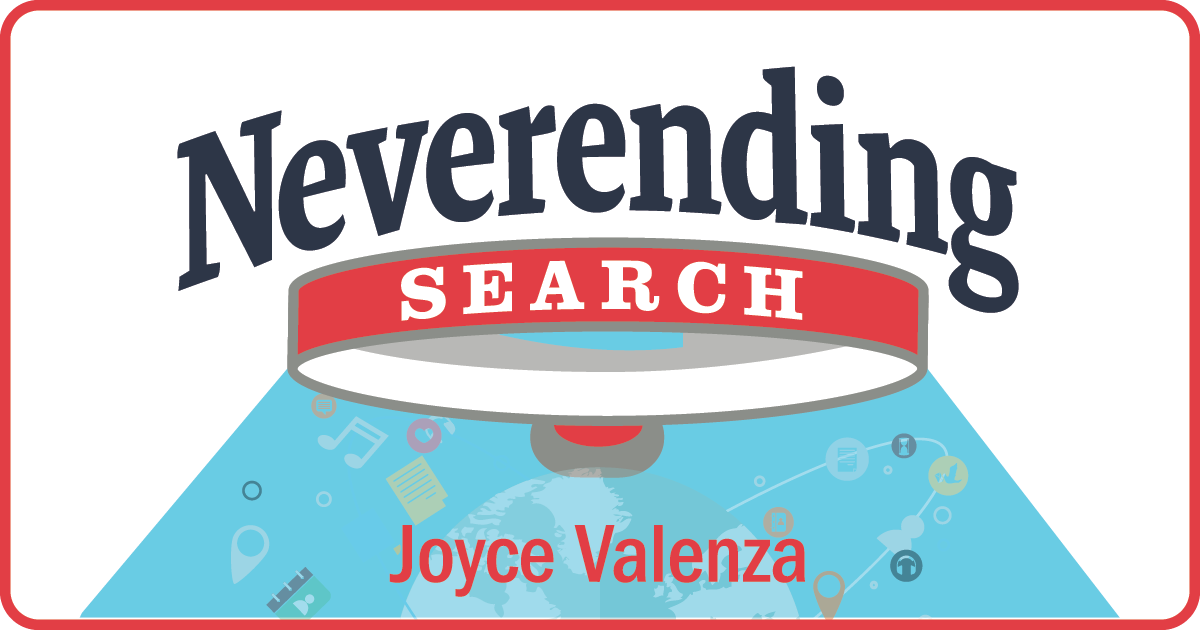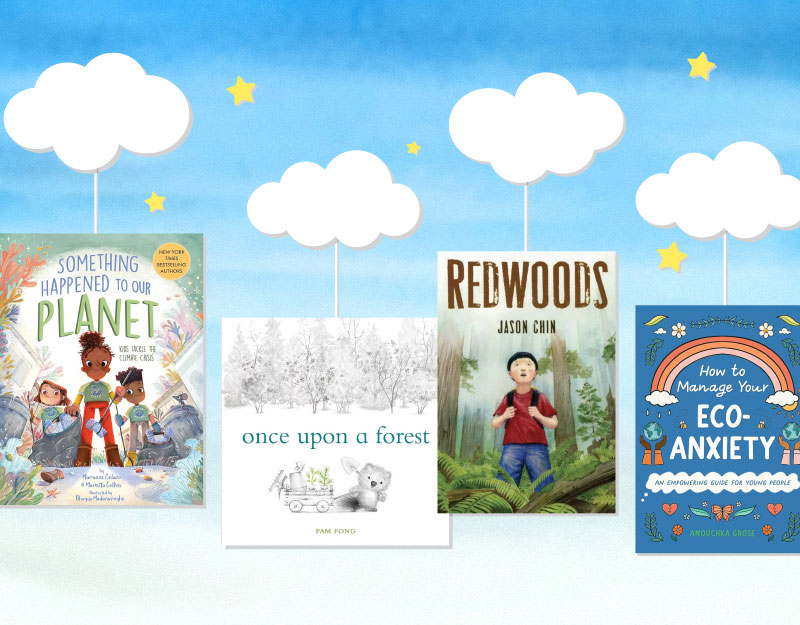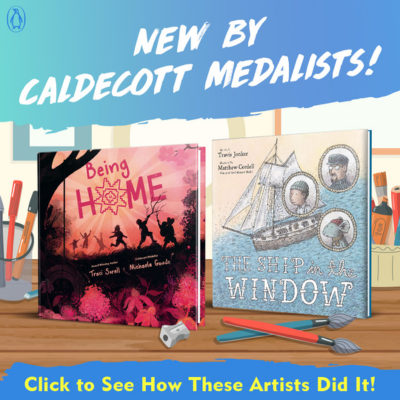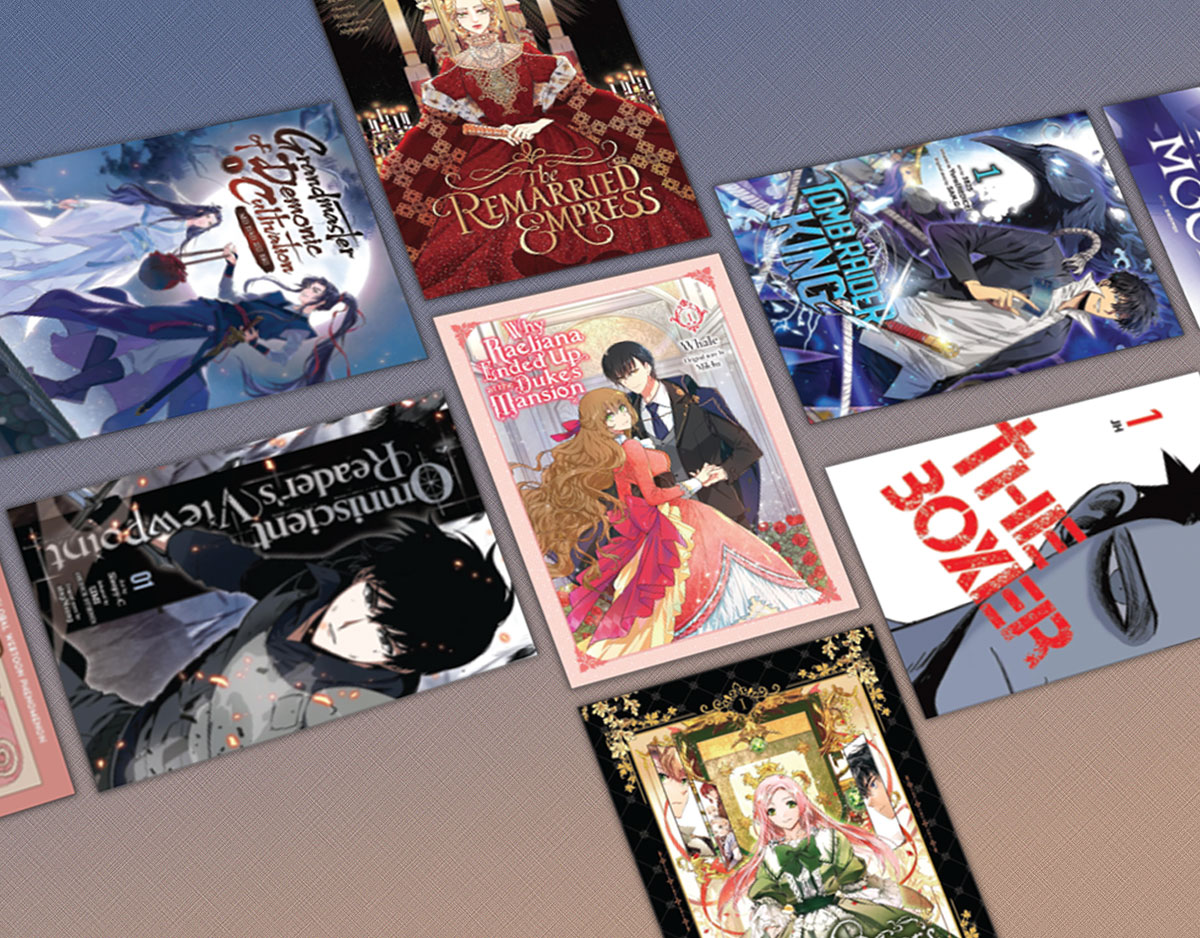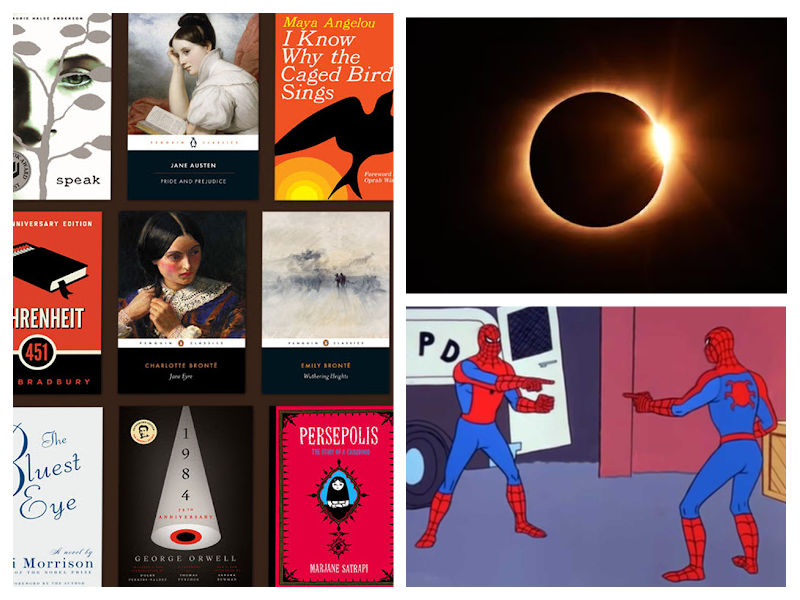SCROLL DOWN TO READ THE POST
On search agility: There’s more than one place to start
 I don’t think I know anyone who isn’t in a search rut. We usually begin our search in one of two search giants. But while they may not have achieved verb status, we have other choices well worth discovering.
I don’t think I know anyone who isn’t in a search rut. We usually begin our search in one of two search giants. But while they may not have achieved verb status, we have other choices well worth discovering.
And it’s kinda in our ballpark to ensure that appropriate choices are easily available on both desktops and mobile devices.
Today, I’d like to share a few search engine options that might be worth sharing in a curation with your learning community. (I plan to share options for elementary, portals and curation searching in upcoming posts.)
ADVERTISEMENT
ADVERTISEMENT
Let’s start with . . .
Computational Knowledge
Wolfram Alpha  is its own Swiss Army knife for anything computational or analytical and it is truly interdisciplinary. Wolfram Alpha does not retrieve your everyday result list. Instead, it returns graphs, data, tables, maps, images, and more and it comes in handy for all sorts of daily tasks. It will help you rhyme, create word puzzles, and analyze readability. It will compute probability. It will solve algebraic equations. It will draw fractal sets. It will analyze the nutritional information of any food. It will compare movies and cities. Give it a try for making sense of the data sets kids need to access to create meaningful infographics. And make sure your STEM teachers know of its wonders. It may replace your calculators. Check out the variety of Wolfram Alpha apps.
is its own Swiss Army knife for anything computational or analytical and it is truly interdisciplinary. Wolfram Alpha does not retrieve your everyday result list. Instead, it returns graphs, data, tables, maps, images, and more and it comes in handy for all sorts of daily tasks. It will help you rhyme, create word puzzles, and analyze readability. It will compute probability. It will solve algebraic equations. It will draw fractal sets. It will analyze the nutritional information of any food. It will compare movies and cities. Give it a try for making sense of the data sets kids need to access to create meaningful infographics. And make sure your STEM teachers know of its wonders. It may replace your calculators. Check out the variety of Wolfram Alpha apps.
There are two interesting clustering search engines. But, why cluster? Many times when we search we have limited understanding of a new content area in terms of its context and vocabulary. Clustering shows possible connections we may not have considered and kiddos truly benefit from the
Carrot2 is an open source clustering search engine. In addition to organizing results into useful clustered categories, it offers nifty visual features. Beyond its traditional default vertical result list, you may view  results in colorful circle and foam formats. Category folders may be expanded to see an array of subtopics. The top menu offers the usual Web, images, videos, and news and adds meanings, definitions and, as an option, products.
results in colorful circle and foam formats. Category folders may be expanded to see an array of subtopics. The top menu offers the usual Web, images, videos, and news and adds meanings, definitions and, as an option, products.
Yippy is also a clustering search that searches other search engines. Explode those little plus signs in the left frame to see subcategories. Results can also be sorted by domain, sources and by date. It’s truly handy for more esoteric, obscure topics, government and academic resources.
Privacy
DuckDuckGo not only offers a clean, simple interface, it prides itself on being a zero-click results page, with all results displaying as one, often very long, scroll. It does not track your searches. It searches Web, images and videos and offers a safe search feature.DuckDuckGo does not collect or share your personal information. There is a handy Chrome browser button, convenient domain icons, and very little ad spam. It’s available as an app for Android and iOS.
Startpage/IxQuick, this recent merger offers Google-generated and Google-style results–including an easily-accessible Advanced Search– with IxGuicks’ privacy features. It does not record your IP address or track your searches. It is also available as a mobile app for iOS and Android.
Creative Commons made easier
CC Search: If you are searching for images, don’t miss the prototype search Creative Commons introduced about a year ago. Unlike the former version, this search box allows you to filter by license and sources as you search to find images that you can use and remix across several open archives.

Google’s significan other treasures
ADVERTISEMENT
ADVERTISEMENT
Google Books: While not every book result is available as a preview, Google Books is an underused treasure filled with a different type of content in preview, Google eBooks and free Google eBooks. For AP U.S. history, I was continually discovered old newspapers and ephemera and very old titles that served as primary sources. There are manuals and diaries and so many issues of old magazines, including full-text issues of Life. Remember, the Tools link following a search offers filters for amount of content, document type (books, magazines), anytime (21st, 20th, 19th centuries or a VERY HANDY custom range),
Google Scholar: offers a first step into academic research for many users who know of its treasures. It links to many libraries’ database offerings as well as available open access articles with pdf and html links to the right of a result. With one click you can trace who is citing whom and discover the authors who are most prominent in any area of research. In addition to academic articles, you will find graduate theses (with their helpful lit reviews), legal and court opinions, scientific research reports and more. And, when you click on the quotation marks under a result you will get a formatted citation in a variety of styles.

Google Images simply rocks. The reverse image search allows you to identify image sources or what an image actually is. It’s both fun and useful to filter by image type and color. When you get those tricky questions like, “I am looking for a book about an elephant. It had a blue cover and the picture looked like. . .” Try adding format-type words like chart or caption or table or diagram to dig up serious content in books and reports.
Google News: This very handy news search offers hidden features. In Settings, students and teachers can manage their news sections, pushing their interests to the front page. News categories allow for sorting by region or topic. A pull-down allows users to choose news by country. Related tags offer a strategy for honing a news search with suggested vocabulary. It’s a little hard to find, but Google News also offers a Newspaper Search. After you hit return, the Custom range filter under Any time allows you go way far back in time and dig up all sorts of historical content.


Related posts:
A custom solution: Creating a Google Custom Search Engine
Filed under: #colorourcollections, search strategies, search tools, searching, WolframAlpha
About Joyce Valenza
Joyce is an Assistant Professor of Teaching at Rutgers University School of Information and Communication, a technology writer, speaker, blogger and learner. Follow her on Twitter: @joycevalenza
ADVERTISEMENT
SLJ Blog Network
One Star Review, Guess Who? (#202)
This Q&A is Going Exactly As Planned: A Talk with Tao Nyeu About Her Latest Book
More Geronimo Stilton Graphic Novels Coming from Papercutz | News
Take Five: LGBTQIA+ Middle Grade Novels
The Classroom Bookshelf is Moving
ADVERTISEMENT
ADVERTISEMENT

